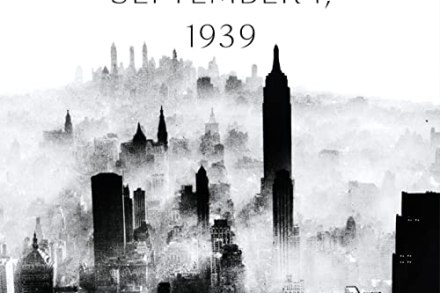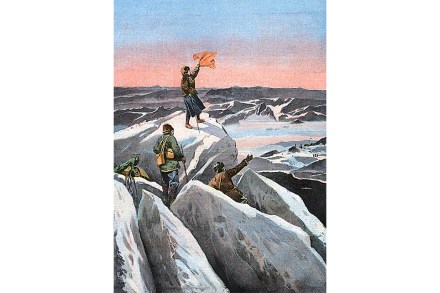More about my mother: Elaine, by Will Self, reviewed
Inspired by his late mother’s diaries, Will Self’s fictionalised Elaine covers just over a year in the life of its titular character. Elaine Hancock is a trailing wife living in upstate New York, where her husband, John, teaches English at Cornell. It is not for the faint-hearted to write about one’s mother’s sex life. But Will Self is no stranger to outrageousness Zigzagging chronologically, the novel takes place in the mid-1950s – more than a decade before Self lived in Ithaca with his parents, who then separated. He portrays it as a loose time at the faculty: the Hancocks display a ‘masochistic intimacy’ by swapping notes about the people they’ve




















